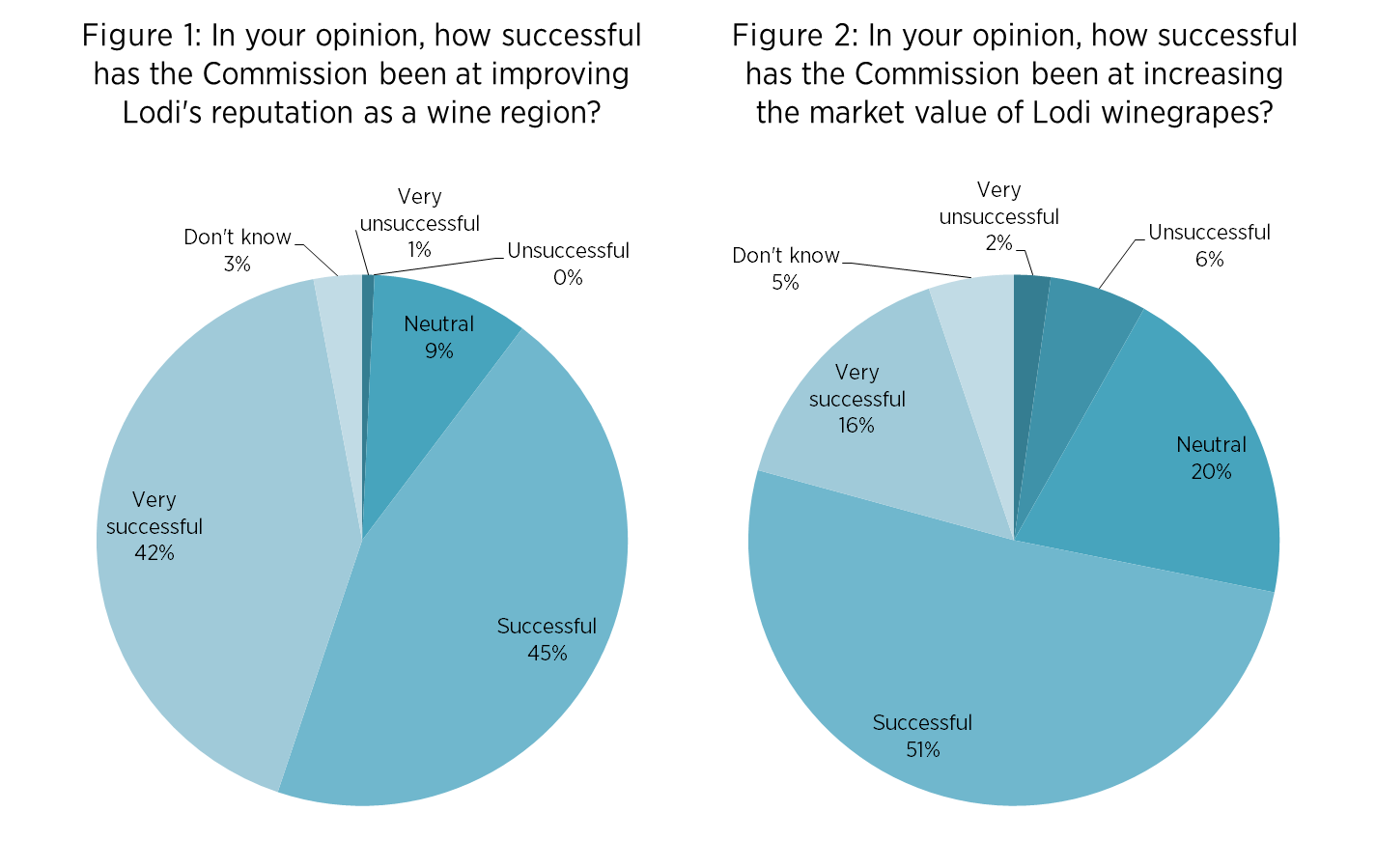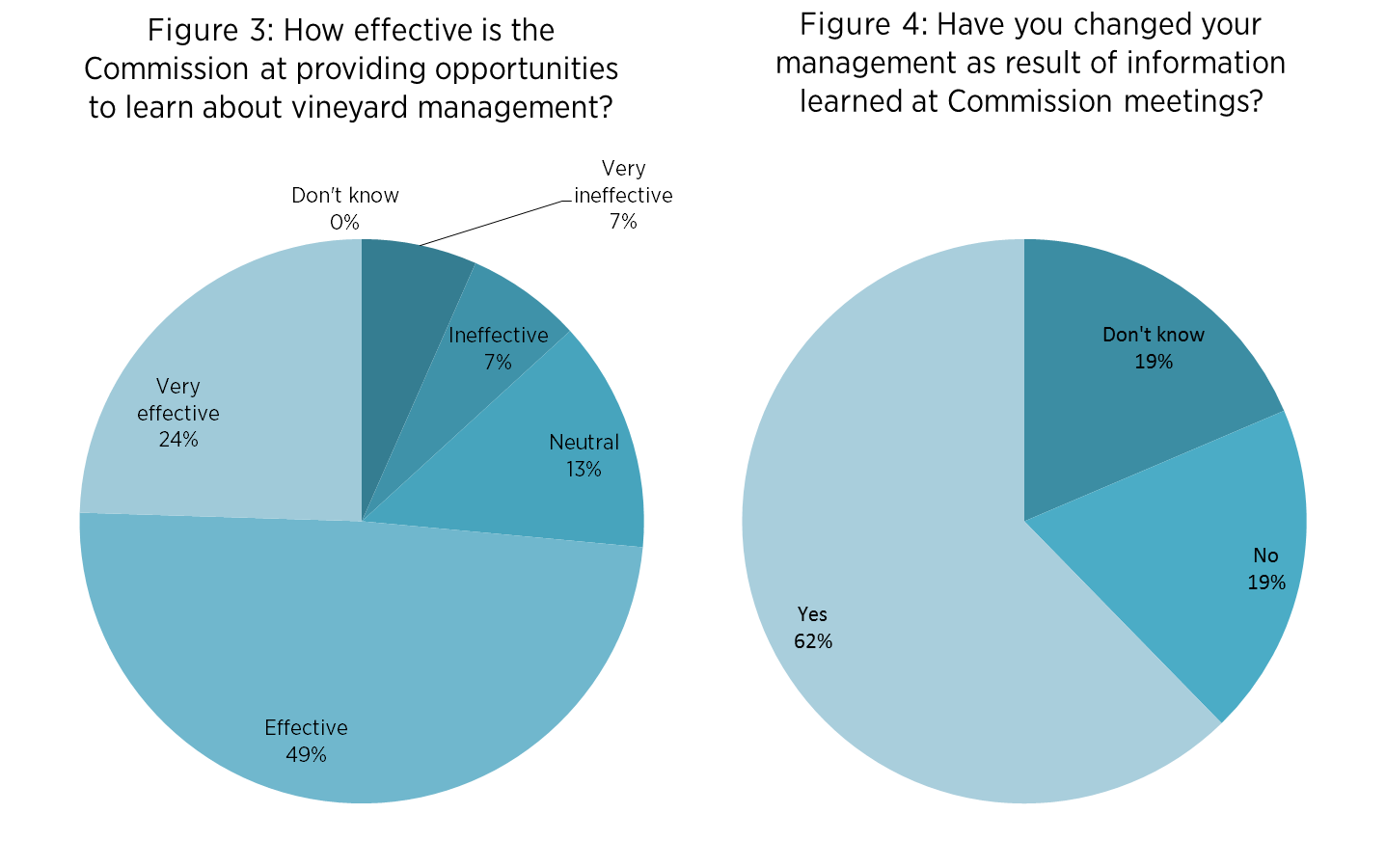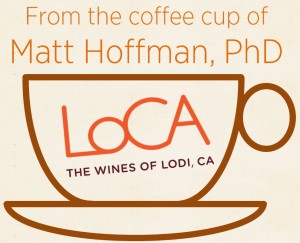 It is common, and even recommended, for winegrape growers to collect various types of information, or data, which they then used to make informed vineyard management decisions. PCAs walk vineyards to collect pest monitoring data, which is the basis for pest control decisions. Lab analysis of soil and petiole samples are used to develop nutrient management recommendations. Meteorological data collected by in-field weather stations is used to alerts growers when frost control is needed or when warm temperatures approach unsafe working conditions. I’m sure you can think of many other instances where you collected your own vineyard data that later proved useful in vineyard management. Similarly, the Lodi Winegrape Commission periodically conducts a survey of Crush District 11 winegrowers and others working in Lodi’s industry to collect data that is used to guide the execution of our marketing, research, and education programs. The information collected by the 2014 Lodi Grower Survey will be used by Commission staff, the board of directors, and various committees, to better serve Crush District 11 winegrape growers.
It is common, and even recommended, for winegrape growers to collect various types of information, or data, which they then used to make informed vineyard management decisions. PCAs walk vineyards to collect pest monitoring data, which is the basis for pest control decisions. Lab analysis of soil and petiole samples are used to develop nutrient management recommendations. Meteorological data collected by in-field weather stations is used to alerts growers when frost control is needed or when warm temperatures approach unsafe working conditions. I’m sure you can think of many other instances where you collected your own vineyard data that later proved useful in vineyard management. Similarly, the Lodi Winegrape Commission periodically conducts a survey of Crush District 11 winegrowers and others working in Lodi’s industry to collect data that is used to guide the execution of our marketing, research, and education programs. The information collected by the 2014 Lodi Grower Survey will be used by Commission staff, the board of directors, and various committees, to better serve Crush District 11 winegrape growers.
______________________________________________________________________________
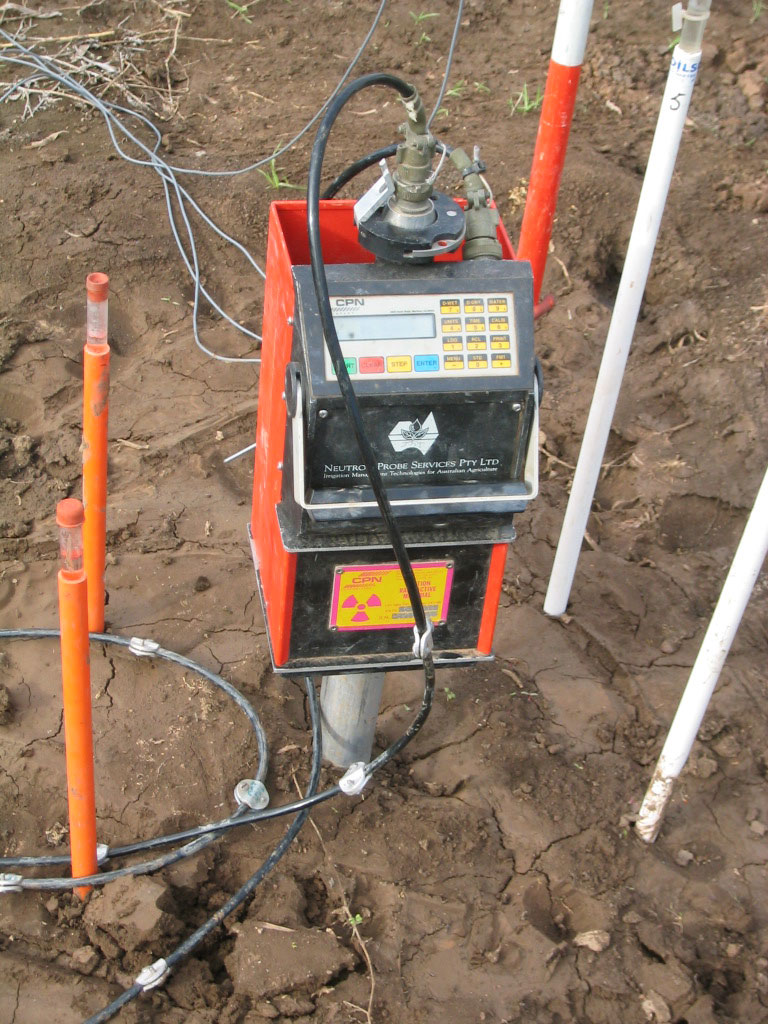
Q: What do neutron probes, weather stations, and other vineyard instruments have in common with the 2014 Lodi Winegrowers Survey?
A: They all help us collect information in an way that is unbiased and methodical. The information they collect can be considered along side anecdotal observations, practical considerations, and personal preferences when making decisions about farm management in the case of the various vineyard instruments or decisions about program management in the case of the Lodi Winegrower Survey.
______________________________________________________________________________
LWC’s Mission and Objectives
Let’s first take a step back and remind ourselves of why the Lodi Winegrape Commission exists. Established in 1991 by Lodi winegrowers, the Commission’s official mission is to serve the common interests of Lodi Crush District 11 winegrape producers and to enhance the profitability of winegrape production through promotion, research, and education. The Lodi winegrowers who helped create the Commission decided that this mission is to be executed through the following objectives:
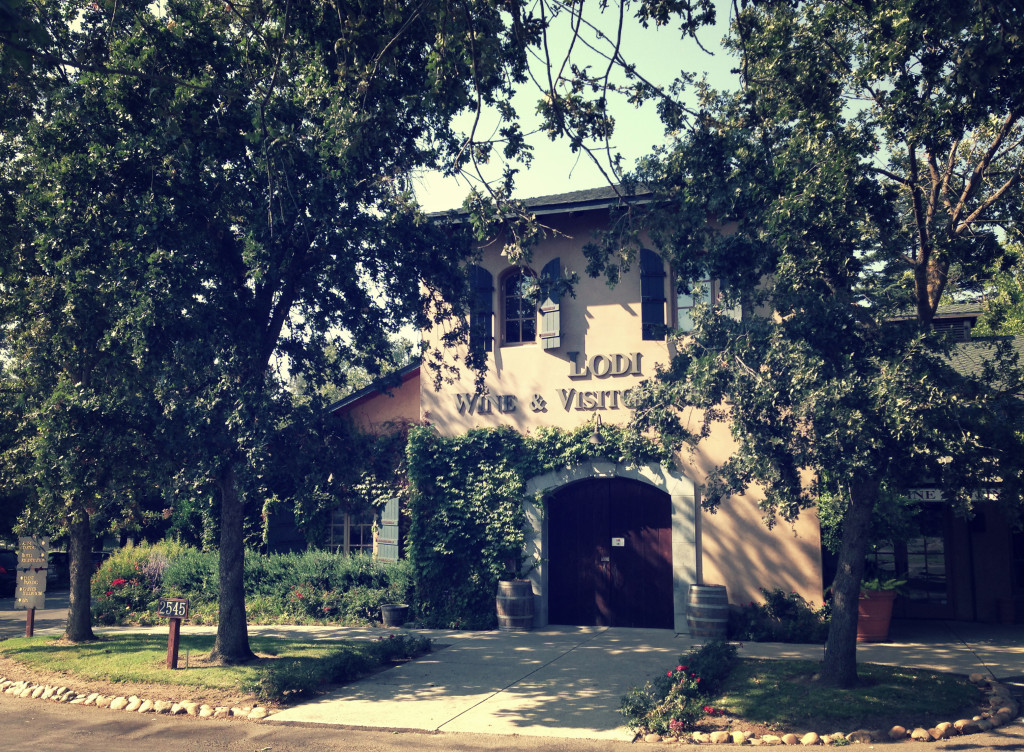
- Raise awareness of the Lodi wine region among the wine industry, media, and wine consumers.
- Enhance recognition of the Lodi region through expanded use of the Lodi appellation on wine labels, by facilitating development of wineries in the district, and by supporting wine oriented tourism.
- Provide growers with information, materials, education and strategies directed at profit improvement.
- Facilitate two-way communication among growers and vintners concerning characteristics of quality that enhance the value of grapes and wine.
- Create opportunities for Lodi growers to supply vintners serving higher retail price segments and improve the relative value of their grapes in the California market.
- Conduct a proactive viticultural research program to maintain Lodi’s technological leadership in the winegrape industry.
- Identify and encourage implementation of environmentally benign and economically viable pest, weed, disease, and cultural strategies through the district-wide sustainable viticulture program.
With the mission and ojectives now in mind, we can take a look at the survey results and use them as a measure of whether we are staying true to our mission and whether we are making progress toward achieving our objectives.
Who’s views are represented in the results?
In [month] paper and electronic versions of the survey were delivered to growers and others working in Lodi’s winegrowing industry. A total of 154 completed surveys were returned. Eighty one percent of those who returned completed surveys (123) were winegrape growers within Crush District 11. Twenty nice percent (45) were growers farming 1-25 acres. Another 29% (45) farm 26-100 acres. Twenty three percent (36) farm over 101 acres of winegrapes. The remaining 19% (29) of respondents was made up of others working within Lodi’s winegrowing industry including PCAs, UCCE farm advisors, winery grower representatives, vineyard supplier representatives, and viticulture consultants.

Freelance wine writers who contribute to the popular Snooth wine blog visiting Lodi tour the LangeTwins winery.
Growing the reputation and value of Lodi winegrapes
As stated in the Commission’s mission and accompanying objectives, two of our core goals are to increase the reputation and value of Lodi winegrapes. These goals are tightly linked as the market value of winegrapes rises in concert with consumer demand for Lodi appellated wines. A large portion of the Commission’s budget and staff are dedicated to promoting public awareness and appreciation of Lodi wines. For example, Zinfest and Wine & Chocolate are two events that attract thousands of first-time visitors to Lodi each year. The LoCA consumer marketing campaign was launched in 2011 and uses print and digital platforms to brand Lodi as a wine tourism destination. The LoCA Thoughts video series takes a fun and personable approach to wine education. Commission staff routinely host media tours where journalists from around the country can meet Lodi growers and vintners face-to-face, experience firs-hand our vineyards and wineries, and taste our wines. These journalists, in turn, have written countless articles about Lodi and the wines we have to offer.
Figures 1 and 2 report results from two questions: 1) How successful has the Commission been at improving Lodi’s reputation as a wine region? and 2) How successful has the Commission been at increasing the market value of Lodi winegrapes.
______________________________________________________________________________
______________________________________________________________________________
We are very pleased to report that the Lodi winegrowing community sees the Commission as being decisively successful at increase the reputation and value of Lodi winegrapes. An overwhelming majority survey respondents (87%) think the Commission has been either “successful” or “very successful” at improving Lodi’s reputation. An insignificant proportion of respondents stated that they think the Commission as been “unsuccessful” (0%) or “very unsuccessful” (1%). Similarly, most respondents (67%) reported tat the Commission has been “successful” or “very successful” at increasing the market value of Lodi winegrapes. A smaller amount (8%) of respondents have th73e view that we have been “unsuccessful” or “very unsuccessful” at achieving this goal.
Commission staff and the grower committees who provide leadership are always looking for opportunities to improve our work. A significant portion of respondents reported “don’t know” or “neutral” responses to these questions. We take this as a sign that we could do a better job of communicating our efforts to our grower constituents.
Research and outreach priorities
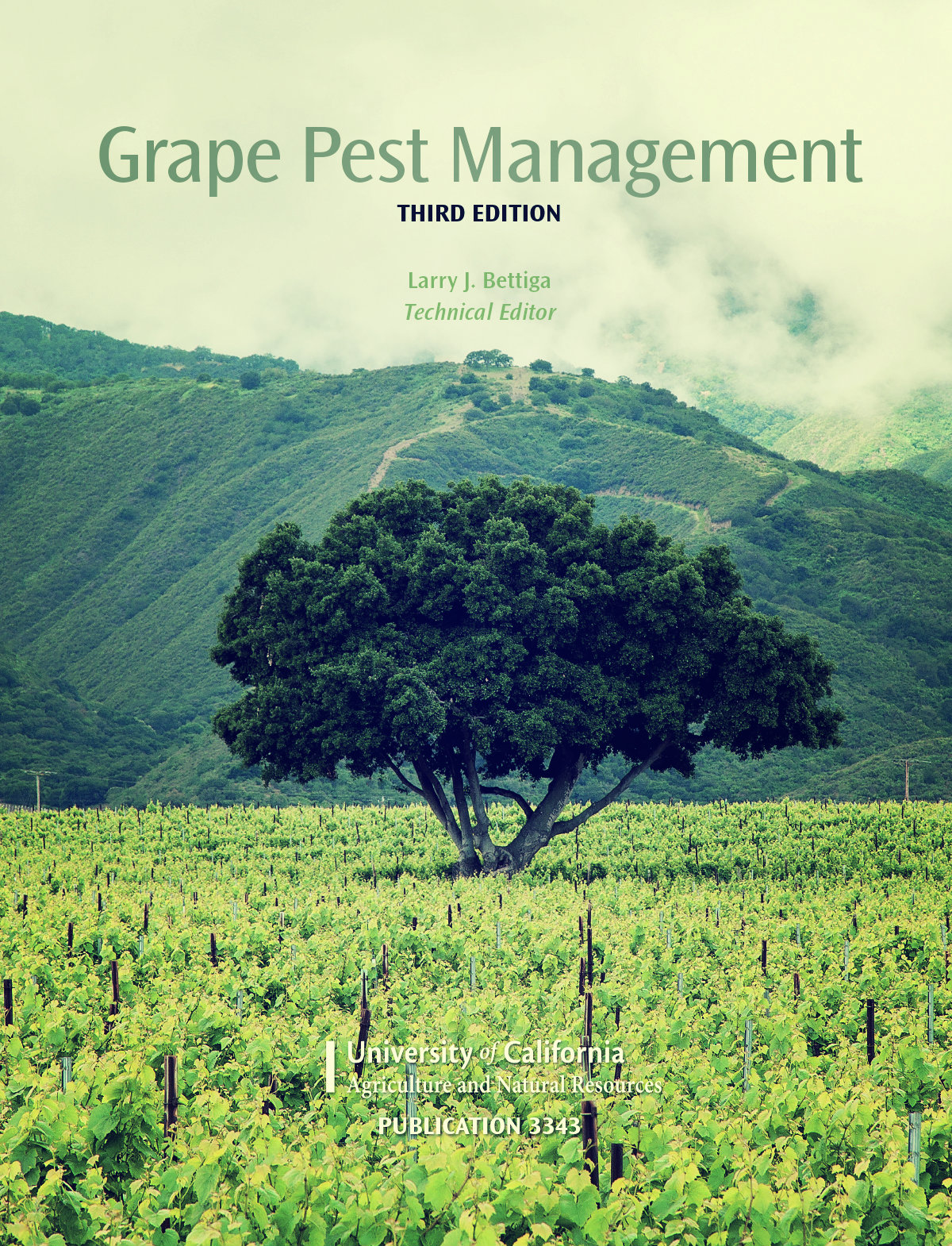 The Commission’s grower education programs are an important service we provide to our constituents. For example, I am sure you are familiar with the series of grape pest management meeting we are hosting in collaboration with UCCE. The meetings focus on different chapters of the UC publication Grape Pest Management. The book’s authors include our local UCCE viticulture farm visor Paul Verdegaal and over 70 specialist and farm advisors from across the sate. These experts are invited to Lodi to share their expertise with our local winegrowing community. Lodi growers, and other professionals who assist growers on pest management decisions, receive a copy of Grape Pest Management compliments of the Commission. As I discussed in the February 17 Coffee Shop article (Measuring the Effectiveness of Grape Pest Management Outreach in Lodi) an average of 73 growers have attended these meetings and a total of 100 books have been handed out.
The Commission’s grower education programs are an important service we provide to our constituents. For example, I am sure you are familiar with the series of grape pest management meeting we are hosting in collaboration with UCCE. The meetings focus on different chapters of the UC publication Grape Pest Management. The book’s authors include our local UCCE viticulture farm visor Paul Verdegaal and over 70 specialist and farm advisors from across the sate. These experts are invited to Lodi to share their expertise with our local winegrowing community. Lodi growers, and other professionals who assist growers on pest management decisions, receive a copy of Grape Pest Management compliments of the Commission. As I discussed in the February 17 Coffee Shop article (Measuring the Effectiveness of Grape Pest Management Outreach in Lodi) an average of 73 growers have attended these meetings and a total of 100 books have been handed out.
In order to continue providing information that meets the needs of Lodi growers, we asked you to prioritize 32 different vineyard management topics which you would like to learn more information about. The survey asked you to rank each vineyard management topic on a seven-point scale from “lowest priority” to “highest priority”. Not surprisingly given the unprecedented drought conditions we are facing here in California, water and irrigation management was the highest priority topic. Of the 140 respondents who answered this question, 40% () prioritized this topic as “highest priority”. The top five priority topics are listed below. Commission staff and the Research and Education Committee will take these results into consideration when deciding on future grower education programs.
______________________________________________________________________________
______________________________________________________________________________
Top five priority topics that Lodi growers report wanting to learn more about:
- Water and irrigation management – 40% “highest priority”
- Soil management – 37% “highest priority”
- Grape and wine quality practices – 36% “highest priority”
- Disease management – 36% “highest priority”
- Nutrient management – 36% “highest priority”
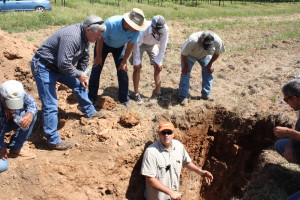
Local growers and others learning about soil types commonly found in the Lodi region from UCCE farm advisor Paul Verdegaal and UCCE specialist Toby O’Geene.
Learning and practice adoption
The Commission wants to make sure that the educational programs we provide are proving useful for growing your capacity to farm quality winegrapes. While Lodi growers are educated and experienced, there are always new challenges to overcome. We strive to provide educational programs that expand your knowledge base about winegrape growing and ultimately help you make decisions about whether to adopt farming practices and technologies that meet your needs.
Figures 3 and 4 report results from two questions: 1) How effective has the Commission been at providing you with opportunities to improve your knowledge about vineyard management? and 2) Have you changed your management practices as a result of information you learned from attending Commission educational meetings?
______________________________________________________________________________
______________________________________________________________________________
The results reflected positively on the effectiveness of Commission programs. A large majority of respondents (73%) indicated that our educational programs, such a breakfast meetings, have been either “effective” or “very effective” at helping growers and others working in the industry gain knowledge about vineyard management. A smaller proportion, but nevertheless significant, reported that they think the Commission has been “ineffective” or “very ineffective” at achieving this objective. Most respondents (62%) stated that they have changed the way they farm as a result of information gleaned from Commission educational meetings. Fewer (19%) stated that they do not farm differently as a result of information presented at these meetings. A fair proportion of respondents are unsure about whether they have learned new information or changed the way they farm as a result our Commission efforts. We take this to mean that while most growers are pleased with the Commission’s educational programs, we should nevertheless continue to look for ways to support Lodi growers.


